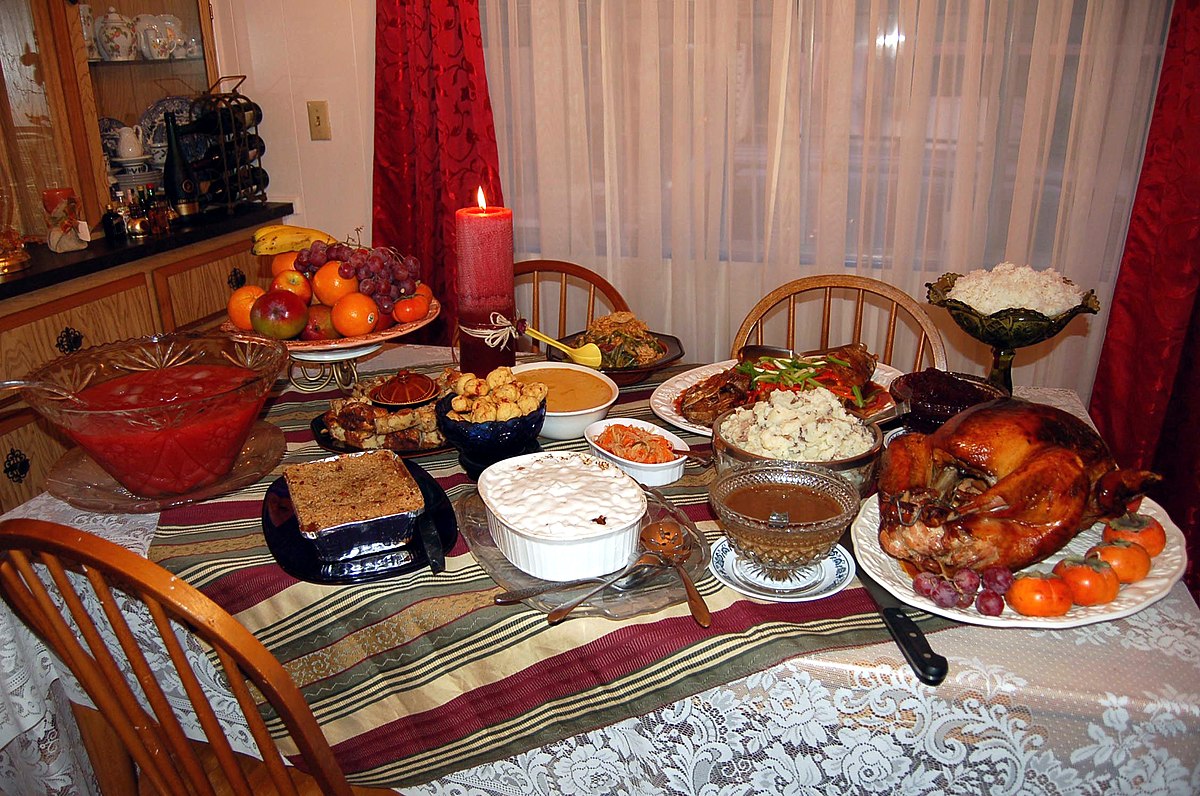Exploring the Essence of American Greatness
The concept of what defines America’s greatness is intricate and subjective, encompassing diverse facets that individuals may emphasize, such as the celebrated values of diversity and inclusivity. Globally recognized for its rich tapestry of cultures, traditions, and backgrounds, America stands as a testament to the power of unity in diversity.
At its core, the United States is founded on democratic principles that guarantee individual freedoms and uphold the rule of law. The nation’s history is marked by a relentless pursuit of innovation and business development, contributing to one of the world’s largest and most diverse economies. Positioned as a global leader both economically and politically, the U.S. also boasts a distinguished higher education system. Committed to the rule of law and ensuring a fair administration of justice, the nation maintains a formidable military force. The global impact of American culture is undeniable, with Americans earning recognition for their philanthropy and civic engagement.
Conversations about America’s greatness are nuanced and can vary based on personal, cultural, and political perspectives. From a personal standpoint, one element contributing to America’s exceptionalism is its tradition of dedicating a specific day, the last Thursday in November, to observe Thanksgiving—a tradition that other nations might consider adopting.

Thanksgiving, with its divine and culturally rich practices, has been integral to attracting blessings, prosperity, progress, and abundance. The essence of giving thanks for life’s countless benefits is a powerful cultural practice that underscores the importance of gratitude. A perpetual attitude of complaining and ingratitude is viewed as a deterrent to personal growth and destiny fulfillment.
Thanksgiving Day, celebrated annually on the 23rd or 24th of November, symbolizes intercultural peace, the promise of opportunity for newcomers to America, and the sanctity of home and family. Rooted in the historical origins of the 1621 feast, Thanksgiving is essentially an act of giving thanks—an acknowledgment and celebration of goodness.
This day serves as an occasion for families and friends to gather, sharing a festive meal featuring traditional dishes and sumptuous varieties. Beyond the culinary delights, it offers individuals an opportunity for introspection, prompting them to reflect on the positive aspects of their lives and express gratitude for blessings such as family, friends, and health.
Moreover, Thanksgiving encourages a spirit of generosity, expressed through acts of kindness, charity, and sharing with others. The ethos of giving is emphasized, underlining the belief that those who give never lack. The celebration extends beyond the dining table, manifesting in parades and football games, including the iconic Macy’s Thanksgiving Day Parade in New York City and various professional and amateur football events.
For many, Thanksgiving is not just a personal celebration but an occasion to give back to the community through volunteering and charitable activities, embodying the spirit of generosity and compassion. Embedded in literature, art, and media, Thanksgiving has become a deeply ingrained cultural tradition, depicted as a time of togetherness, reflection, and the sharing of a communal meal.
Thanksgiving in the United States is a multifaceted celebration with historical, cultural, and familial significance. It provides a dedicated time to express gratitude, share meals with loved ones, and partake in various traditions.
The significance of Thanksgiving extends beyond the individual and familial spheres, encompassing a broader cultural tapestry that weaves through the fabric of American society. The holiday serves as a bridge between history and contemporary life, reminding us of the shared values that have shaped the nation.
In literature, Thanksgiving has found its place as a recurring theme, portraying the holiday as a time of communal bonding and reflection. Authors often use this occasion to explore the complexities of human relationships, the importance of gratitude, and the evolving dynamics of family and society. Through the lens of literature, Thanksgiving becomes a reflection of the American experience—a narrative of unity amid diversity.
Artistic expressions, whether in paintings, sculptures, or other forms, further capture the essence of Thanksgiving. The visual arts portray scenes of families gathered around tables laden with food, symbolizing not just abundance but the warmth and connection fostered by the holiday. These artistic representations contribute to the cultural narrative, reinforcing the values of gratitude, generosity, and familial bonds.
Media, too, plays a pivotal role in shaping the contemporary understanding of Thanksgiving. Television specials, films, and advertisements often depict the holiday as a time of joy, reconciliation, and shared experiences. The Macy’s Thanksgiving Day Parade, a televised spectacle that has become synonymous with the holiday, showcases the creativity and artistry of American culture, captivating audiences across the nation.
Beyond the cultural representations, Thanksgiving has become a catalyst for community engagement and social responsibility. Many individuals seize the opportunity to volunteer at local charities, shelters, and community centers during the holiday season. This commitment to service reflects the altruistic spirit embedded in the American ethos, emphasizing the importance of giving back to those less fortunate.
As we delve into the multifaceted tapestry of Thanksgiving, it is crucial to acknowledge its role in fostering a sense of national identity. The holiday serves as a unifying force, transcending cultural, religious, and political divides. In a nation as diverse as the United States, Thanksgiving stands as a reminder that, despite our differences, there are shared values that bind us together.
In conclusion, Thanksgiving in the United States is not merely a day marked on the calendar; it is a dynamic cultural phenomenon that reflects the nation’s history, values, and aspirations. From its roots in a 1621 feast to its contemporary expressions in literature, art, and media, Thanksgiving continues to evolve, shaping and reflecting the American experience. As we celebrate this Thanksgiving Day, let us embrace the richness of its cultural tapestry and strive to embody the spirit of gratitude, generosity, and unity that defines this quintessential American celebration. Happy Thanksgiving!
